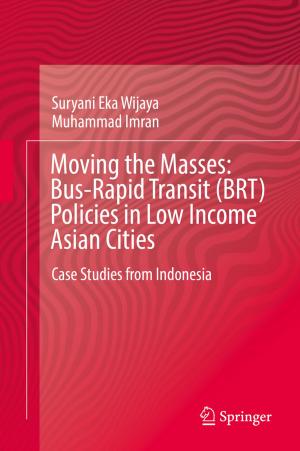Family Violence in Japan
A Life Course Perspective
Nonfiction, Health & Well Being, Psychology, Personality, Social & Cultural Studies, Social Science, Sociology| Author: | ISBN: | 9789811000577 | |
| Publisher: | Springer Singapore | Publication: | February 4, 2016 |
| Imprint: | Springer | Language: | English |
| Author: | |
| ISBN: | 9789811000577 |
| Publisher: | Springer Singapore |
| Publication: | February 4, 2016 |
| Imprint: | Springer |
| Language: | English |
This book provides fresh sociological analyses on family violence in Japan. Aimed at an international audience, the authors adopt a life course perspective in presenting their research. Following a comprehensive overview of family violence in Japan in both historical and contemporary contexts, it then goes on to define the extent and causes of child abuse, intimate partner violence, filial violence, and elder abuse. In doing so, the book is the first of its kind to look at these different types of violence in Japanese families and simultaneously incorporate historical development of individuals and intergenerational factors. Furthermore, its reliance on the life course perspective enables readers to obtain a broader understanding of family violence in the country. Written by five Japanese family sociologists who have identified various major sociocultural characteristics that either induce or suppress family violence in Japan, it is a valuable resource not only to scholars and students of the topic, but also to those specializing in sociology, psychology, anthropology and comparative family studies around the globe.
This book provides fresh sociological analyses on family violence in Japan. Aimed at an international audience, the authors adopt a life course perspective in presenting their research. Following a comprehensive overview of family violence in Japan in both historical and contemporary contexts, it then goes on to define the extent and causes of child abuse, intimate partner violence, filial violence, and elder abuse. In doing so, the book is the first of its kind to look at these different types of violence in Japanese families and simultaneously incorporate historical development of individuals and intergenerational factors. Furthermore, its reliance on the life course perspective enables readers to obtain a broader understanding of family violence in the country. Written by five Japanese family sociologists who have identified various major sociocultural characteristics that either induce or suppress family violence in Japan, it is a valuable resource not only to scholars and students of the topic, but also to those specializing in sociology, psychology, anthropology and comparative family studies around the globe.















